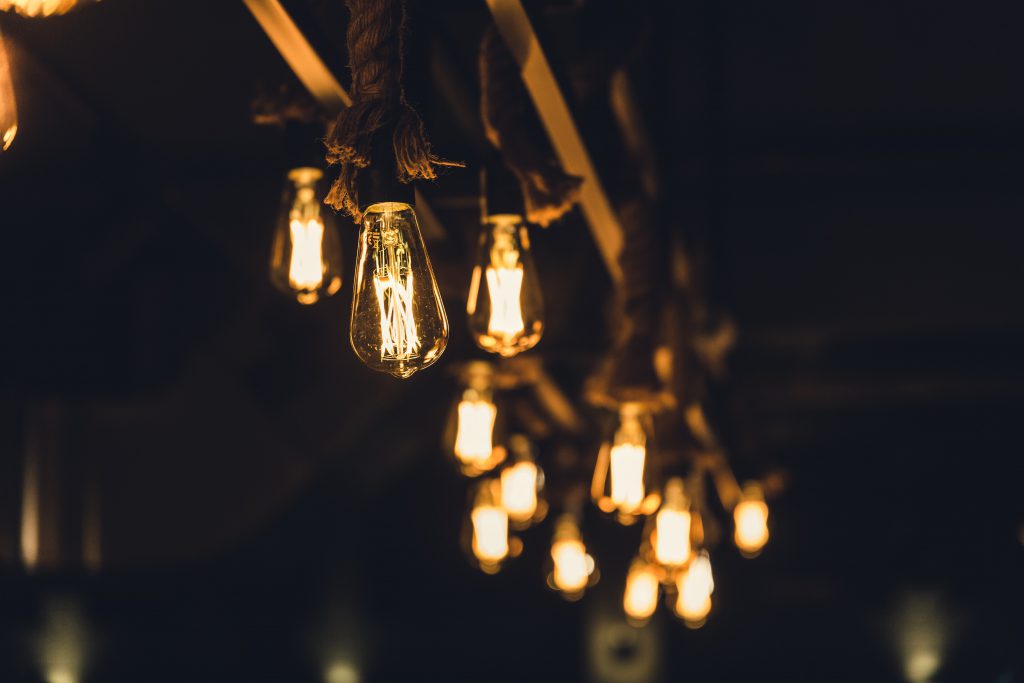As citizens of the 21st century, we’re used to having vast amounts of information at our fingertips at all times. With access to an electronic device and an internet connection, we are usually able to find answers to even the most obscure questions, as well as valuable advice on a large range of topics from personal finances to healthcare.
Of course, the rapidly changing state of the world means that we are often still left confused. With global crises seeming to be a regular feature of our lives for the past few years, we’ve seen more and more decisions made on emerging situations that don’t have sufficient data to support them. Novel circumstances tend to come with a lack of reliable data, and often the advice we’re given is inconsistent. In circumstances like the current COVID-19 pandemic, for instance, no one can say for sure whether this upheaval will be short lived and we’ll be back to normal soon, or whether we’re merely at the beginning of a long process of adjustments to how we live our lives.
Against this backdrop of uncertainty, even going to a grocery store is suddenly more complicated than it used to be. How then do we make decisions when the stakes are higher? If even governments have made deadly mistakes with access to the brightest of minds and the best available data, how can we as individuals hope to make good choices and plan for the future when there isn’t sufficient data?

Why we’re not (completely) in the dark
In an ideal world, we’ll always have solid data to base our decisions on. Unfortunately, the world at present is far from ideal. But rather than curl up in a fetal position and hope that the crisis will be over tomorrow, somehow we’ve got to make the best of the difficult circumstances we’re in. We could do worse than learn more about intuition.
While ‘trusting your gut’ sounds like a New Agey concept, science recognizes ‘gut feelings’ as a real and measurable phenomenon – not the opposite of logical thinking but more of a different style of information processing that runs alongside and complements our conscious thought processes.
Studies on soldiers, stock traders and doctors suggest intuition is especially helpful in steering us away from danger and helping us avoid costly mistakes in uncertain, high-risk and high-stakes situations. However, using intuition also appears to pay dividends in the slower-paced fields such as farming. The caveat is that intuition appears to offer the highest value once we’ve accumulated a lot of experience in a field.
Studies also suggest that intuitive abilities can be boosted through practice. In other words, while intuition can’t replace analytical thinking and isn’t a quick fix to our indecision dilemmas, it is something worth paying attention to and even putting effort into developing.
Decision making in an uncertain world
It’s unnerving to make decisions during a time of confusion, misinformation and uncertainty. But delaying decisions until we have more clarity is not always desirable, or even possible. Sometimes procrastinating on a choice simply takes it out of our hands, as the options eventually expire. At other times the stress and anxiety of living in indecision may be too much – as anyone who has ever experienced analysis paralysis can testify.
Make peace with uncertainty
Accustomed as we are to making decisions based on the best available facts, we may need to downgrade to making ‘good enough’ decisions until things stabilize, more answers emerge, and we can begin to make more accurate predictions.
If fear of the unknown comes between you and your ability to make a decision, draft worst-case scenario plans. What are the worst things that could happen? How would you deal with them? Where would you get support? While agonizing over a choice saps our energy, making one choice (not necessarily the best) can reduce anxiety significantly. Instead of investing our time and energy into drafting endless pros and cons lists, and seeking out other people’s opinions, we can channel that same energy into taking action and making the most of our decision.

Reduce decision fatigue with premade choices
Wrestling with various small choices on a regular basis can demand a surprisingly large amount of mental energy under normal conditions, let alone during a global pandemic. We can save much of that mental power for the more difficult and important decisions by ‘automating’ smaller decisions.
We can do this by turning to implementation intentions. Usually these are utilized to help us meet goals (like writing a book, or getting fit), but the same ‘if… then’ rules can also help us simplify our lives when things get overwhelming. Make up your own rules, assigning a specific time and/or place for actions.
For example: If it’s raining when I wake up in the morning, then I will do yoga at home before breakfast. If it’s not raining when I wake up in the morning, then I will go out for a bike ride.
You could even harness implementation intention to train your intuitive abilities: If a choice is trivial (Which shirt should I wear to my home office today?), then I will make an instant decision based on what feels ‘right’. For bigger decisions, try giving yourself a deadline: If I haven’t made a decision about this in a week, then I will make myself choose.
Of course, while navigating these unpredictable times, no amount of advice can guarantee that you won’t make bad decisions. But then again, even teams of scientists can draw starkly different conclusions with access to the same sets of data.
So if having access to all necessary information still doesn’t mean you’ll reach the right conclusion, then you can’t beat yourself up during a time of near-total uncertainty. All you can do is keep putting one foot ahead of the other: ask questions, trust and develop your intuition, and keep on making decisions.






